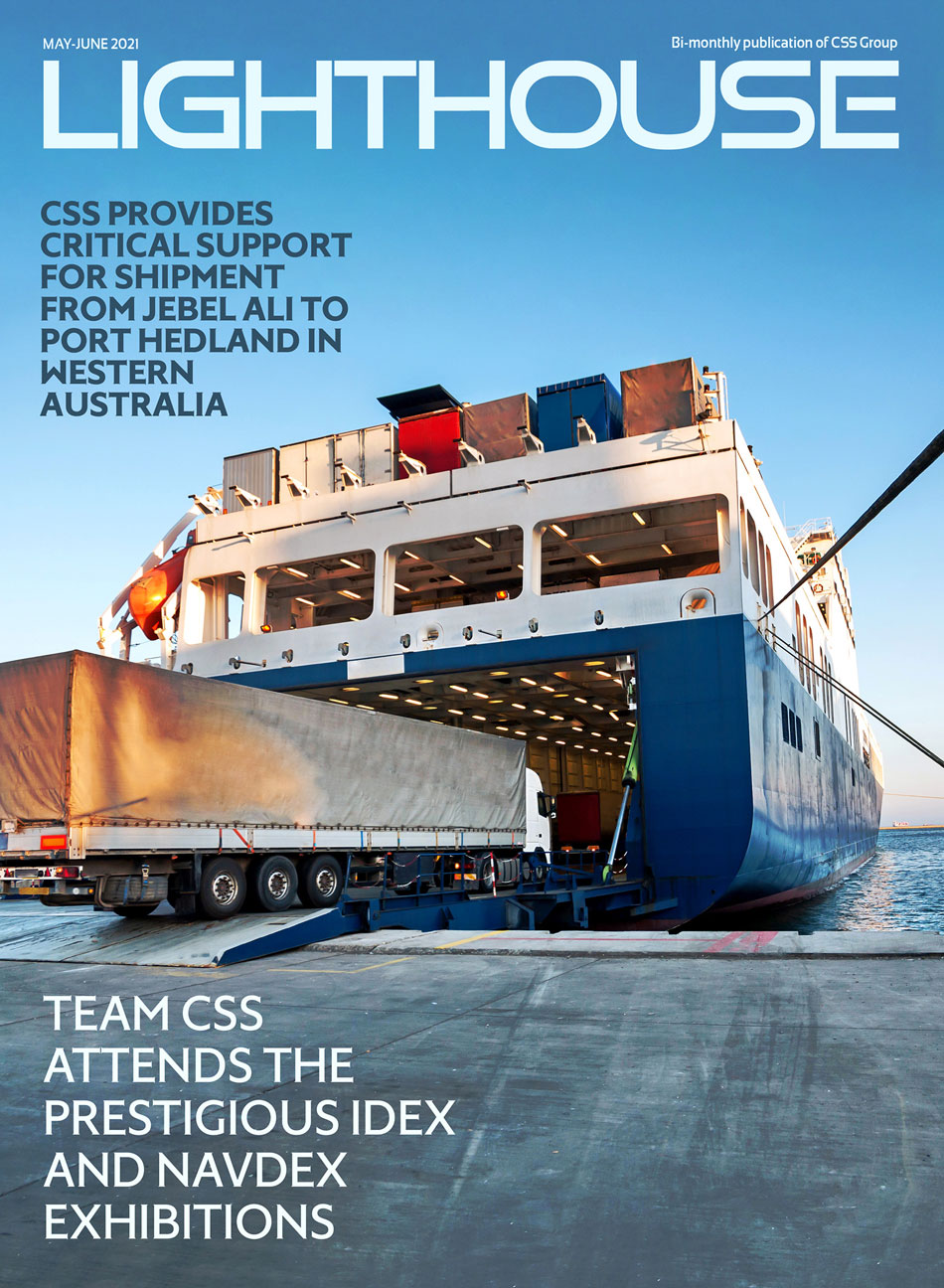 As we have noticed in the past few months, there have been legal deliberations and discussion on clauses in agreements that most or us take for granted; these clauses are commonllycategorised as general clauses. However, the last one year has taught us that we are living in a time where situations are changing rapidly, whilst we coping with adaption to a new normal. In the midst of all the chaos and confusion caused by COVID-19, the event of the mega container vessel “Ever Given” lodging herself in the Suez Canal, has also shifted the focus on the legal implication and effect of a tiny clause on “general average” embedded in the Bill of Lading. Through this article, we shall have an insight into this clause without getting entangled in the legal nitty-gritty of the current event, which has trigged discussions in this area.
As we have noticed in the past few months, there have been legal deliberations and discussion on clauses in agreements that most or us take for granted; these clauses are commonllycategorised as general clauses. However, the last one year has taught us that we are living in a time where situations are changing rapidly, whilst we coping with adaption to a new normal. In the midst of all the chaos and confusion caused by COVID-19, the event of the mega container vessel “Ever Given” lodging herself in the Suez Canal, has also shifted the focus on the legal implication and effect of a tiny clause on “general average” embedded in the Bill of Lading. Through this article, we shall have an insight into this clause without getting entangled in the legal nitty-gritty of the current event, which has trigged discussions in this area.
According to Black’s Law Dictionary “general average” is defined as “Average resulting from an intentional partial sacrifice of ship or cargo to avoid total loss. The liability is shared by all parties who had an interest in the average.” In layman’s terms, general average is a legal principle of Maritime Law under which, all parties who are involved in the voyage, are asked to proportionally share the losses resulting from sacrifice made during the voyage. That being said, general average can only be invoked when certain extraordinary sacrifices are made, or expenses incurred to avert a peril that threatens the entire voyage. In such cases the party sustaining the loss confers a common benefit on all the parties to the maritime ventures. Here the party suffering the loss, apart from contract or tort has a right to claim contribution from all participating in the venture.
The doctrine of general average is of ancient origin based on the principle of equity and can be traced back to Rhodian Sea Law, which was a body of regulations governing commercial trade and navigation in the Mediterranean Sea during 800-600 BC. A part of the law dealt with, jettison which is a rule of maritime law which exists today under the name “general average”. The Rhodian Sea Law was subsequently adopted by Roman jurisprudence which influenced the rule making activities by all parties involved in long distance sea transport which rolled into the Middle Ages. In the 13th and 14th centuries, Byzantine sea commerce dwindled, and eventually the law became obsolete. The practice of general average was later, formally adopted by the global shipping community under what is known as the York-Antwerp rules 1890. The rules are part of generally accepted maritime insurance principles that undergo regular amendment, the most recent being in 2016.
The York-Antwerp rules sets the guidelines regarding sacrifices and/or expenditures that can be included for general average contribution and which cannot be included. As per general average, each party will pay the same percentage of amount that they have saved. The process however is much more complicated than we can image, as some parties may be shipping cargo or low value like scrap material, while others more expensive cargo like high class furniture or luxury vehicles etc. Hence without defined set of rules cargo interest may not be willing to bear the blunt let alone to share voyage, fuel cost or crew wages and the like. This is where the York-Antwerp rule come into play.
As per the Rule of Interpretation under the York-Antwerp Rules 2016, except as provided by the Rule Paramount and the numbered Rules, general average shall be adjusted according to the lettered Rules.
Let us therefore look as what are these so called Rule Paramount, the Lettered Rules and the Numbered Rules..
Rule Paramount – In no case shall there be any allowance for sacrifice or expenditure unless reasonably made or incurred.
Apart from this Rule the other Rules are categorised alphabetically from Rule A to Rule G these pertain mainly to general guidelines on what can be construed as general average; while the numerical rules i.e. Rule I to Rule XXIII are based on specific circumstances, sacrifices that can be made and expenditure sharing that can be included as general average.
Alphabetic/ Lettered Rules for basic understanding
Rule A, for instance prescribes the characteristics and extent to which general average will apply, stating in brief that, the expenditure or sacrifice needs to be extraordinary, the act must be intentional and for common safety and that there must be a peril.
Rule B states that the nature of operation undertaken, must be commercial, with the measures taken to preserve the cargo and vessel or to prevent the peril.
Rule C enumerates that only losses, damages or expenses, which are the direct consequence of the general average act, shall be allowed as general average, while stating what is not included, like, damage to the environment, damage or loss on account of delay etc.
Rule D says that the right to contribute to the general average, is not affected by the onus on the party who has or has not defaulted, hence all parties have to contribute to the general average.
Rule E the onus of proof is upon the party claiming general average; the issuance of notice for general average to all parties and to the average adjuster, limitation etc.
Rule F expenses and extent to be included in general average.
Rule G that general average is to be adjusted in relation to loss and contribution on values at the time and place when the common maritime adventure ends and the proportions
Numeric/Numbered Rules, randomly selected for comprehension
Rule I – Jettison of cargo when permitted
Rule VI – Salvage Remuneration
Rule X – Expenses at Port of Refuge etc.
Rule XI – Wages and Maintenance of Crew and Other Expenses Putting in to and at a Port of Refuge, etc
Rule XIII – Deductions from Cost of Repairs
Rule XVI – Amount to be Allowed for Cargo Lost or Damaged by Sacrifice
Rule XIX – Undeclared or Wrongfully Declared Cargo
Rule XXIII – Time Bar for Contributing to General Average
The York-Antwerp rules and principle of general average have legal force only if these are included in the bill of lading or charter party agreement.
General Average declaration and its impact mainly on cargo interests
Usually once general average is declared an average adjuster is appointed, whose duty it is to collect all the information in relation to the cargo and make a statement of general average contribution of each party, collect general average security from each party and assist in impartial and effective settlement of the general average.
The general average clause is seen on most carrier’s bills of lading which binds all interested in the cargo, carried by the vessel. General average losses are commonly included in standard marine insurance policies, hence it is firstly pertinent for the cargo owners and those interested in the cargo, to ensure that they have appropriate marine insurance cover, for their goods on board. A declaration of general average can put the owner of uninsured cargo in jeopardy and the cargo could be lost/forfeited, as the vessel owner, as per the clauses in the bill of lading may be in a position to exercise lien over the cargo till the general average contribution is paid.
Thanks to the York-Antwerp rules, the owner of the cargo, is not burdened with a huge liability and is only required to pay an amount proportionate to the value of the cargo that has been saved. Here it is the vessel owner who will need to bear the major chunk of the contribution towards the general average, as the costliest asset saved, is the vessel itself, in most cases. For instance, a ship owner may have to contribute upto 60% of the general average cost, leaving the remaining 40% to be divided amongst cargo owners, depending on the value of their cargo. This principle takes care of the small cargo or single container owners, in relation to owners having multiple containers or huge or expensive cargo, on the vessel.
Though the cargo owners need not pay their share, before they collect their cargoes, they need to provide a general average guarantee, mainly through their cargo insurers, or if they do not have any insurance, in the form of a bank guarantee or a bond or a cash deposit to cover their contribution. The general average contribution, will be adjusted subsequently, by general average adjusters, which could take a couple of month to years, depending on the number of cargo interests involved. Despite there being an option to dispute or contest the general average contribution, this is rarely challenged in court, by the cargo owners, primarily due to legal complexity, time, money and effort involved.
To conclude, we need to pay careful attention to all clauses on the reverse side of the bill of lading, taking into account the liability that we may be exposed to, whilst verifying if the insurance cover is adequate. The York-Antwerp rules come as a consolation when general average is invoked, but we need to examine if there could be a better alternative to general average, given its complexity, expense and the time consumed, in finally settling the matter.
 As tragic scenes from COVID ravaged India shake the very essence of our being, we have come to a grave realization that the virus has not gone away. It caught India unawares even as several other countries worldwide battled severe second waves of the pandemic.
As tragic scenes from COVID ravaged India shake the very essence of our being, we have come to a grave realization that the virus has not gone away. It caught India unawares even as several other countries worldwide battled severe second waves of the pandemic. Represented by Mr. Bitto – Senior Business Development Manager and Mr. Roshmon – VP Sales and Marketing of the Sales and Marketing Team, Team CSS attended the International Defence Exhibition (IDEX) and the Naval Defence Exhibition (NAVDEX). Hosted under the patronage of His Highness Sheikh Khalifa bin Zayed Al Nahyan, President of the UAE, the event was held at the Abu Dhabi National Exhibition Centre – ADNEC, Abu Dhabi from February 21st – 25th, 2021.
Represented by Mr. Bitto – Senior Business Development Manager and Mr. Roshmon – VP Sales and Marketing of the Sales and Marketing Team, Team CSS attended the International Defence Exhibition (IDEX) and the Naval Defence Exhibition (NAVDEX). Hosted under the patronage of His Highness Sheikh Khalifa bin Zayed Al Nahyan, President of the UAE, the event was held at the Abu Dhabi National Exhibition Centre – ADNEC, Abu Dhabi from February 21st – 25th, 2021.
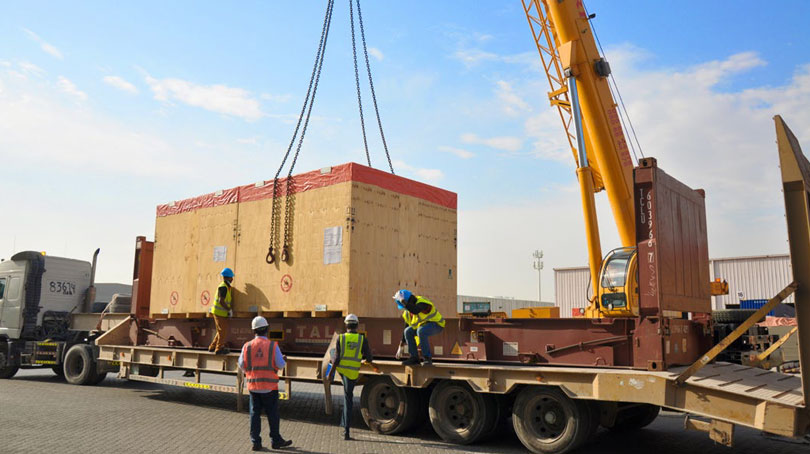 CSS proved its capability in the Projects, Oil & Energy logistic movements with the team’s recent shipment. The shipment was from Jebel Ali to Port Hedland in Western Australia.
CSS proved its capability in the Projects, Oil & Energy logistic movements with the team’s recent shipment. The shipment was from Jebel Ali to Port Hedland in Western Australia. The World Logistics Passport is a path-breaking development in the Logistics sector. This is a global freight loyalty program that has been launched by the Dubai Ruler HH Sheikh Mohammed Bin Rashid Al Maktoum under the directives of the Vice President and Prime Minister of UAE.
The World Logistics Passport is a path-breaking development in the Logistics sector. This is a global freight loyalty program that has been launched by the Dubai Ruler HH Sheikh Mohammed Bin Rashid Al Maktoum under the directives of the Vice President and Prime Minister of UAE.









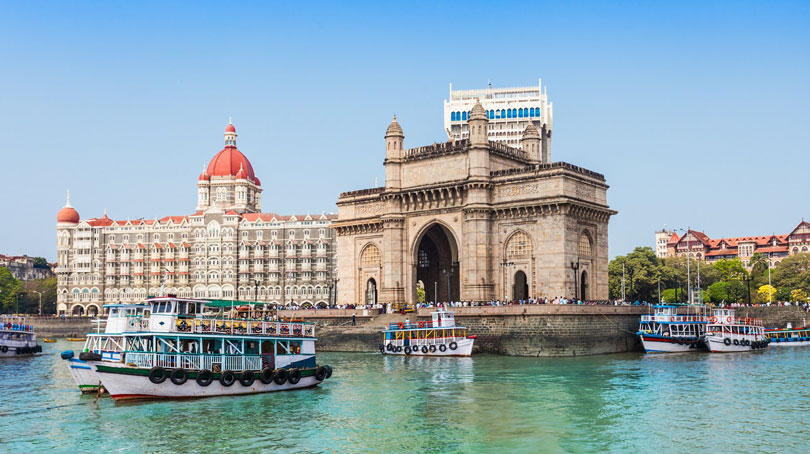
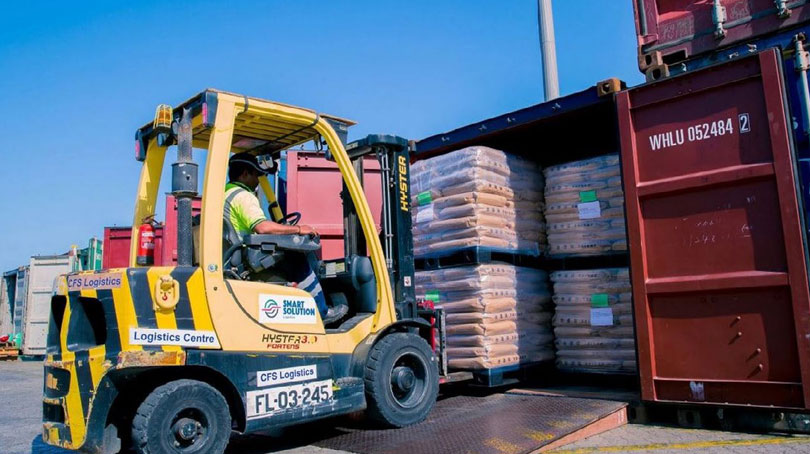 Alongside its partner Caisse de dépôt et placement du Québec (CDPQ), DP World signed a long-term agreement with Indonesia’s Maspion Group to begin the construction of an international container port industrial logistics park in Gresik, within East Java Province of Indonesia.
Alongside its partner Caisse de dépôt et placement du Québec (CDPQ), DP World signed a long-term agreement with Indonesia’s Maspion Group to begin the construction of an international container port industrial logistics park in Gresik, within East Java Province of Indonesia.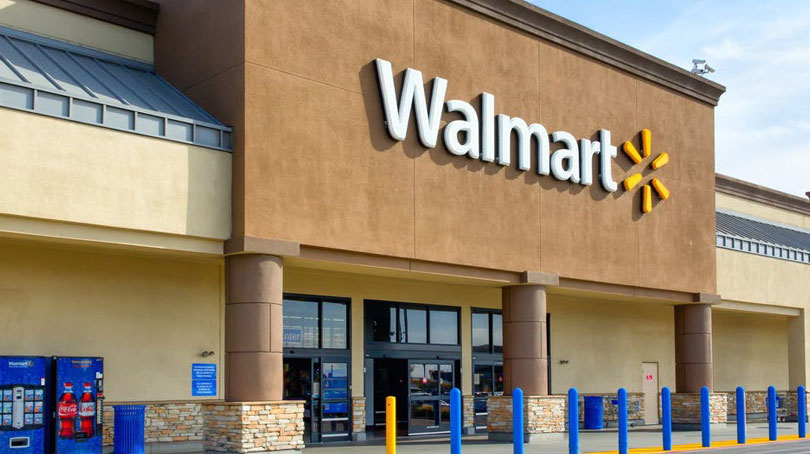
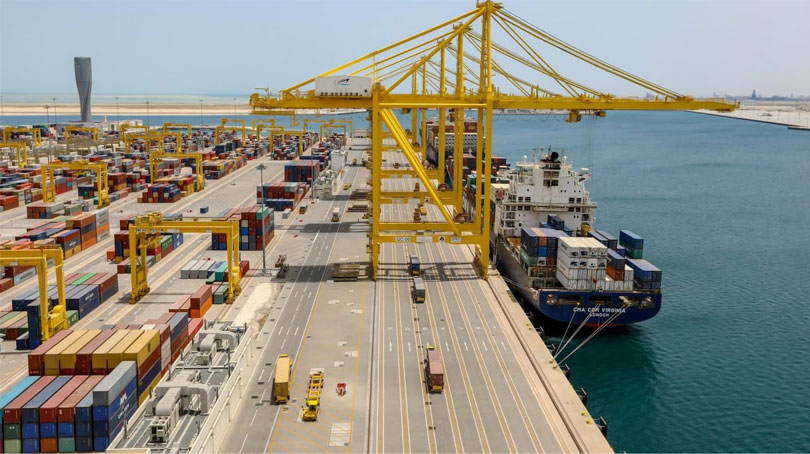 Qatar and India have shown a keenness to enhance the current direct shipment frequency as part of efforts to strengthen the economic and business relations between the two countries.
Qatar and India have shown a keenness to enhance the current direct shipment frequency as part of efforts to strengthen the economic and business relations between the two countries. As we have noticed in the past few months, there have been legal deliberations and discussion on clauses in agreements that most or us take for granted; these clauses are commonllycategorised as general clauses. However, the last one year has taught us that we are living in a time where situations are changing rapidly, whilst we coping with adaption to a new normal. In the midst of all the chaos and confusion caused by COVID-19, the event of the mega container vessel “Ever Given” lodging herself in the Suez Canal, has also shifted the focus on the legal implication and effect of a tiny clause on “general average” embedded in the Bill of Lading. Through this article, we shall have an insight into this clause without getting entangled in the legal nitty-gritty of the current event, which has trigged discussions in this area.
As we have noticed in the past few months, there have been legal deliberations and discussion on clauses in agreements that most or us take for granted; these clauses are commonllycategorised as general clauses. However, the last one year has taught us that we are living in a time where situations are changing rapidly, whilst we coping with adaption to a new normal. In the midst of all the chaos and confusion caused by COVID-19, the event of the mega container vessel “Ever Given” lodging herself in the Suez Canal, has also shifted the focus on the legal implication and effect of a tiny clause on “general average” embedded in the Bill of Lading. Through this article, we shall have an insight into this clause without getting entangled in the legal nitty-gritty of the current event, which has trigged discussions in this area.